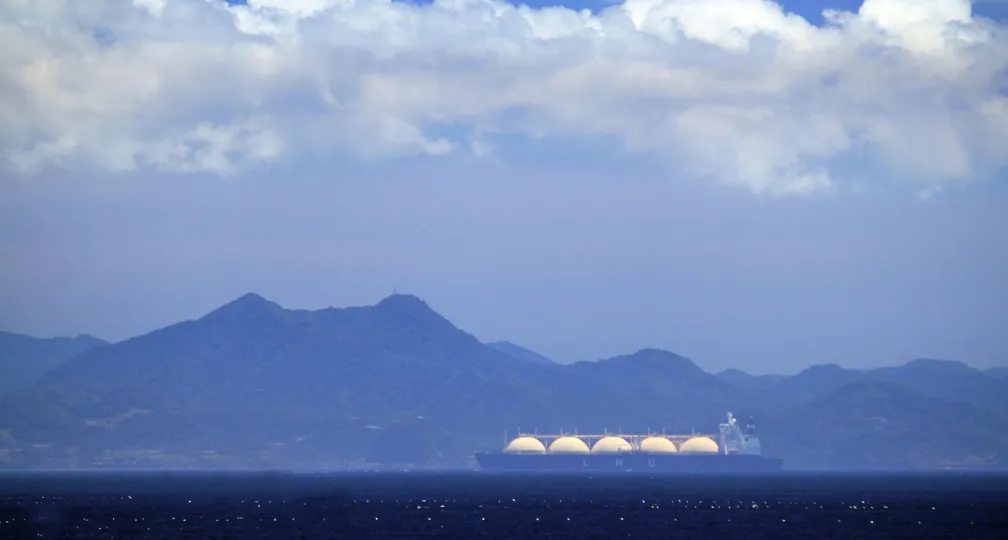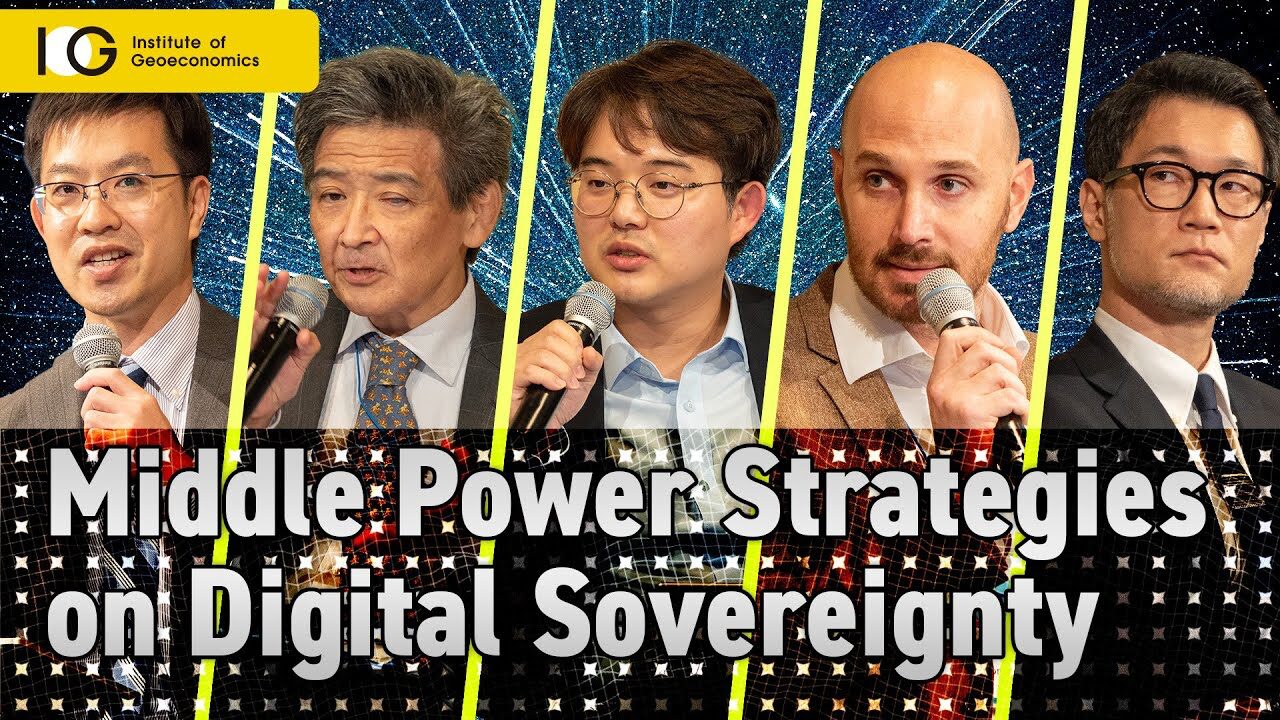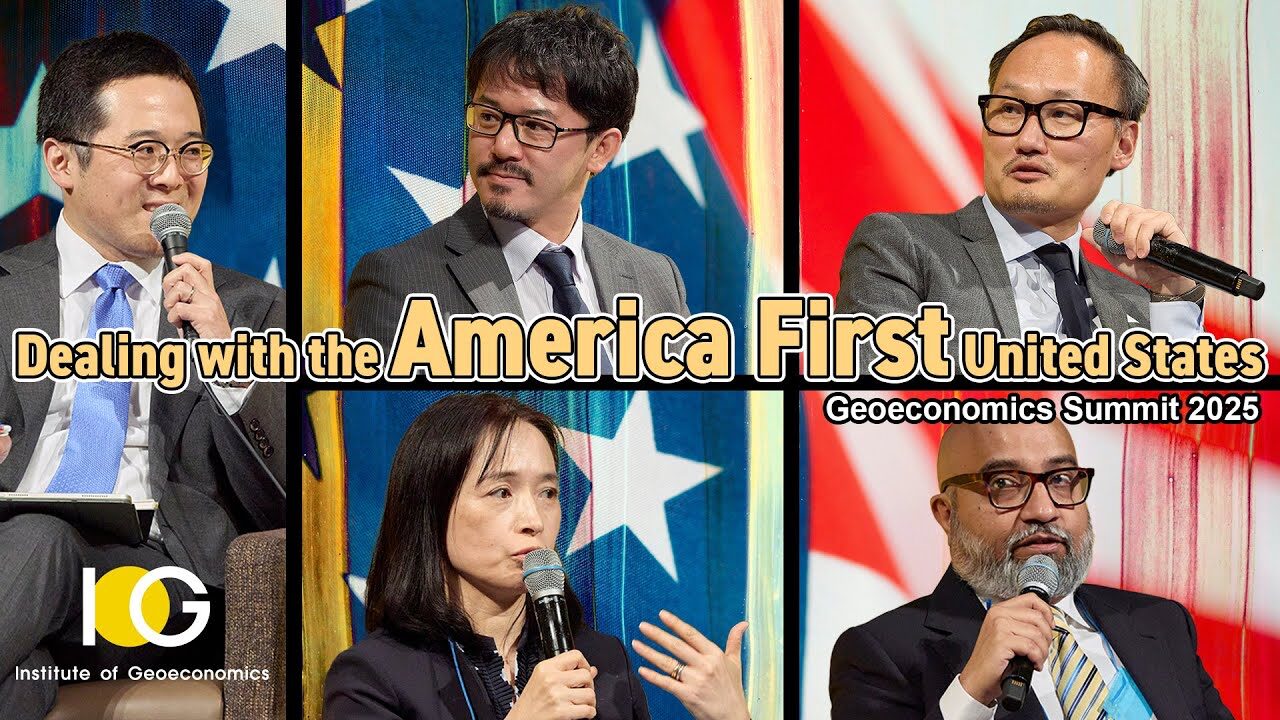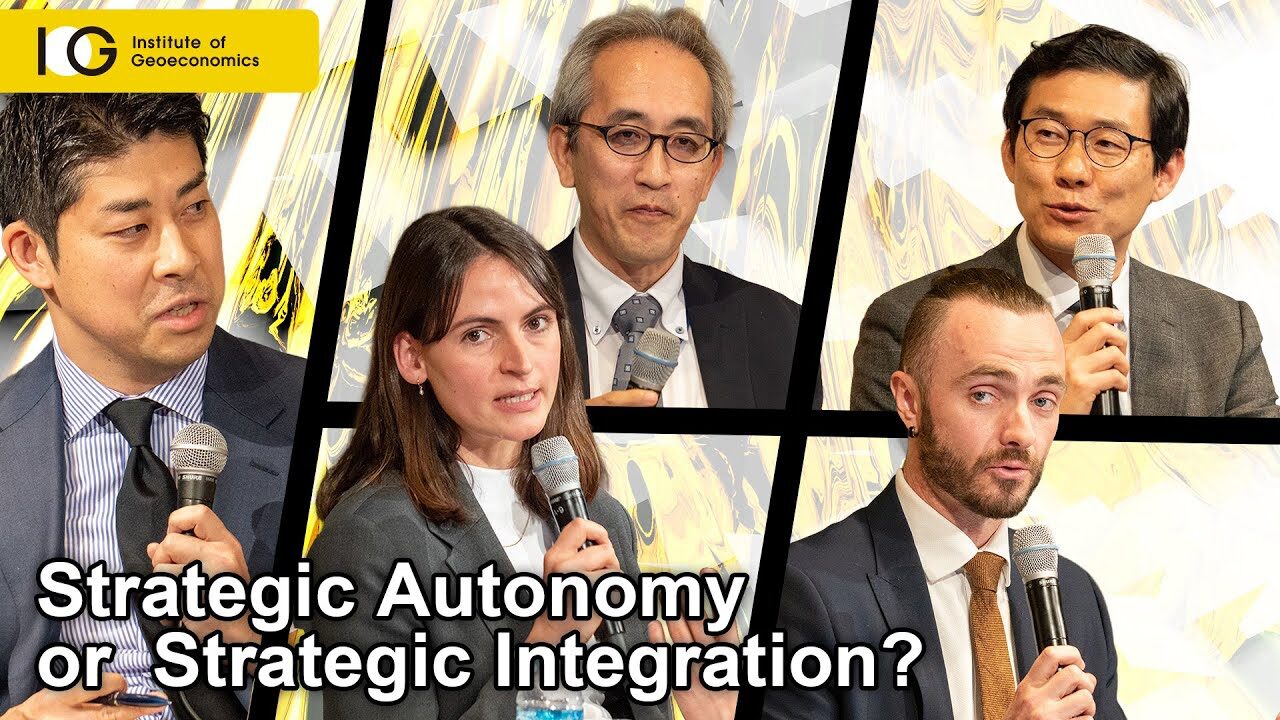The China-Russia-North Korea triangle looks unlikely to last
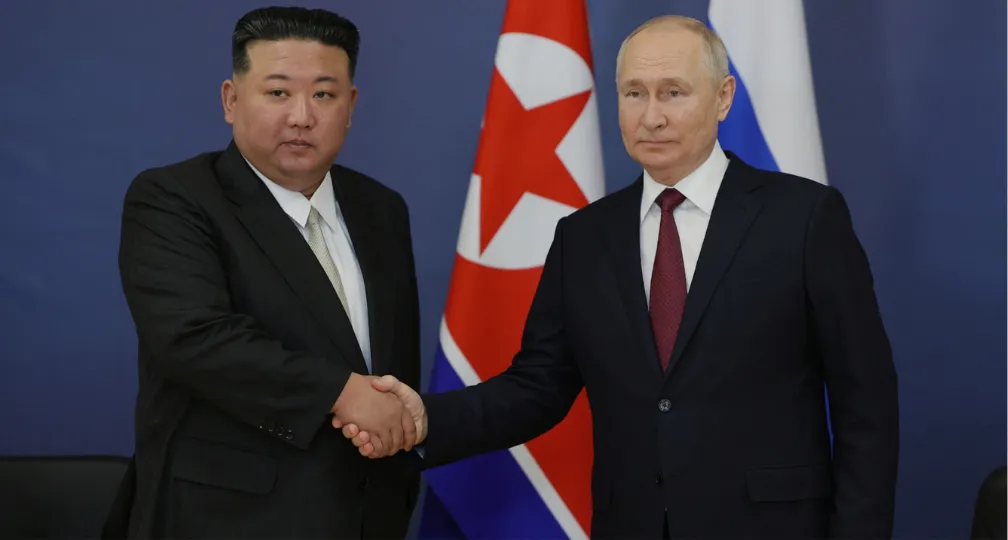
When Russian President Vladimir Putin met with North Korean leader Kim Jong Un on Sept. 13 — their first meeting in four years — Putin stated that Russia would adhere to its international obligations. However, he also mentioned the potential for bilateral military-technical cooperation within established guidelines.
Although details of the meeting at Vostochny Cosmodrome spaceport in Russia’s Far East have not been disclosed, Putin’s comments to reporters indicate that Russia is highly likely to provide North Korea with technology to build satellites.
During his visit to Russia, Kim also toured an aircraft factory and inspected the cockpit of Russia’s most advanced fighter jet, the Su-57.
A month after the Putin-Kim meeting, on Oct. 13, U.S. National Security Council spokesperson John Kirby stated during a news conference that Pyongyang had delivered around 1,000 containers of military equipment and munitions in recent weeks to Russia. The White House referred to satellite photos of containers at Pier No. 2 of the port of Rajin in northeastern North Korea being shipped to Russia.
During my visit to the port in 2018, I recall observing piles of coal left exposed in the open air. This was in response to the U.N. Security Council’s imposition of sanctions on North Korea, which included a ban on trading coal with the country.
The image of numerous black, strip-like trails streaming from weathered coal into the sea remains vivid in my memory.
At the port of Rajin, North Korea mainly uses Pier No. 2 while a Chinese logistics company made investments to renovate Pier No. 1.
Pier No. 3, the largest pier, is leased to RasonKonTrans, a Pyongyang-Moscow joint venture, and has been used for the transportation of coal excluded from United Nations sanctions.
The reason why Pier No. 3 was not used this time to deliver arms to Russia may be because Russia aimed to create the appearance of complying with its international obligations.
North Korea’s space development is suspected of involving the redirection of technologies for ballistic missiles. This activity has been effectively restricted by the U.N. Security Council’s resolution, which Russia voted in favor of. The same can be said about North Korea’s arms transfer.
While there are questions about Moscow’s violation of international agreements, especially as a permanent member of the U.N. Security Council, the attention is shifting to how the growing relationship between Russia and North Korea will impact China, given its close ties with Pyongyang.
It could be said that China, Russia and North Korea have distinct intentions, and it seems improbable that the three countries will significantly enhance their cooperation.
Firstly, it is important to reflect on the history of how China and Russia have developed their relations with North Korea.
Post-Cold War relations
Some might mistakenly believe that China, Russia and North Korea have continuously maintained strong ties ever since the Cold War to the present day. However, in reality, their relationship underwent significant changes from the 1990s.
While China effectively maintains an alliance with North Korea, in 1992 Beijing abolished barter trade with Pyongyang, which it had been conducting in the name of supporting the building of socialism. Instead China insisted that all trade should be settled in hard currency.
In August 2010, at a meeting between Chinese President Hu Jintao and North Korean leader Kim Jong Il in Changchun, in China’s Jilin province, Hu expressed China’s readiness to develop trade and economic cooperation. He emphasized principles such as “government guidance with enterprises playing a major role, market operation and mutual benefits for win-win results.” This indicated that Beijing was adopting a market-oriented policy based on economic rationality with a focus on the role of companies.
After Hu’s visit to North Korea in October 2005, there was a 14-year gap without a visit to the country by a sitting Chinese president until President Xi Jinping’s first visit as president in June 2019. This prolonged gap was seemingly due to Beijing’s distrust of Pyongyang’s nuclear development.
While China has expressed its readiness to collaborate with North Korea to develop friendly and cooperative relations, it has maintained a rational approach in its diplomatic dealings.
Similarly, Russia, like China, has historically been an ally of North Korea. While the Soviet Union signed the Soviet-North Korean Treaty of Friendship, Cooperation and Mutual Assistance in 1976, it expired in 1996 without being extended.
The two countries newly signed the Good-Neighborly Friendship and Cooperation Treaty in 2000, but it lacked any clause pertaining military assistance.
For China, North Korea is located close to Beijing and the strategic importance of the Korean Peninsula has persisted even after the Cold War.
However, Russia’s interest in North Korea significantly waned after the common socialist ideology was lost.
It was only in 2011, 20 years after the collapse of the Soviet Union, that Russia agreed to write off $11 billion in debts accumulated by North Korea since the Soviet era.
Although there have been some differences in how China and Russia perceive North Korea, the strategic value of Pyongyang for the two countries has relatively diminished since the end of the Cold War.
China and Russia also participated in the six-party talks aimed at denuclearizing North Korea, acting in concert with Japan and the United States.
Policy shift in 2018
China and Russia had initially prioritized economic rationality and maintained alignment with the international community in their approach to North Korea, but such a stance began to shift after a meeting between then-U.S. President Donald Trump and Kim Jong Un in May 2018.
This coincided with escalating trade tensions between China and the Trump administration.
In March of the same year, Putin was re-elected in the Russian presidential election, securing over 76% of the vote. This victory helped the Kremlin demonstrate broad public support, even in the face of international sanctions imposed on the country after the annexation of Crimea in 2014.
At the U.N. General Assembly in September 2018, both China and Russia publicly called for the relaxation of sanctions against North Korea.
And, in the following month, Chinese, Russian and North Korean deputy foreign ministers met in Moscow and released a joint statement which, among other things, re-clarified their common stand against independent sanctions. The statement was a show of criticism by countries that were facing sanctions — China under trade sanctions imposed by the U.S., Russia under sanctions from Western countries for annexation of Crimea and North Korea subjected to international sanctions for its nuclear and missile developments.
In May 2022, China and Russia vetoed for the first time a U.N. Security Council resolution seeking to impose tougher sanctions on North Korea.
China clearly shifted to restoring ties with North Korea in June 2019, with Xi making a visit to the country and meeting Kim. Putin also met the North Korean leader in the Russian city of Vladivostok in April of that year.
Both Beijing and Moscow saw the United States and North Korea approaching each other, and after a February 2019 meeting between Trump and Kim in Hanoi ended without the signing of a joint statement and the dialogue reaching a deadlock, China and Russia seized the opportunity to take advantage of the situation.
The strategic value of North Korea was heightened again for China and Russia in their relationship with the U.S.
War in Ukraine
Following the outbreak of the war in Ukraine in February 2022, North Korea voted against a resolution by the U.N. General Assembly condemning Russia’s invasion of Ukraine.
It also officially recognized the independence of Donetsk and Luhansk, two pro-Russian separatist regions in eastern Ukraine.
In September 2022, after U.S. officials said Russia had approached North Korea to request ammunition, an unnamed vice director-general of the North Korean Defense Ministry’s General Bureau of Equipment issued a statement denying any exports of weapons or ammunition to Russia and condemning the U.S. for making such comments.
And when Tokyo Shimbun exclusively reported on Dec. 22, 2022, that Pyongyang had shipped by train munitions including artillery shells to Russia, a spokesperson for the North Korean Foreign Ministry said in a statement that an arms transaction between the two countries “has never happened,” calling the article “the conspiracy report by Japanese media.”
North Korea must have been nervous about being interrupted when it was negotiating under the table with Moscow on military cooperation.
The war in Ukraine has deepened Russia-North Korea relations to a stage different from before.
However, China does not necessarily welcome military cooperation between Russia and North Korea.
This is because military cooperation with North Korea, which is pushing toward a goal of possessing nuclear weapons, would face criticism from the U.S. and the international community and also could result in harming the power balance in northeast Asia.
When asked to comment on the Putin-Kim meeting, Chinese Foreign Ministry spokesperson Mao Ning refrained from commenting, saying that it was a bilateral matter.
Meanwhile, North Korea appears to be seeing through Beijing’s complicated state of mind and trying to further raise its presence, being aware of its increased strategic value to China and Russia.
In July, North Korea marked the 70th anniversary of the Korean War armistice with delegations from China and Russia.
North Korean media’s coverage of the Russian delegation, headed by Defense Minister Sergei Shoigu, differed markedly from that of the Chinese delegation, with state-run television airing footage of Kim accompanying Shoigu at an arms exhibition in Pyongyang showing off North Korea’s newest weaponry.
Through such moves, Pyongyang seemed to be trying to appeal to Beijing and increase its value as much as possible.
While China shares the same stance with Russia in confronting the U.S., Beijing must in fact be hoping to draw a line with Moscow, which has gone as far as expanding ties in military fields with North Korea — a country that is advancing nuclear and missile development.
China is likely to maintain cooperation with Russia and North Korea regarding policies against the U.S., but it would be more beneficial for Beijing to deal with Pyongyang on a bilateral basis so that it can keep its grip on regional affairs.
It is unlikely, therefore, that the relationship between China, Russia and North Korea will develop into something like a trilateral alliance.
The three countries don’t necessarily share a common goal concerning how to settle their relations with the U.S. in the first place.
In view of the changes in the relationship between the U.S. and China, or between the U.S. and North Korea, as well as what comes after the war in Ukraine, we can easily imagine the possibility of the anti-U.S. triangle of China, Russia and North Korea collapsing.
-
 Japan’s Sea Lanes and U.S. LNG: Towards Diversification and Stabilization of the Maritime Transportation Routes2026.02.24
Japan’s Sea Lanes and U.S. LNG: Towards Diversification and Stabilization of the Maritime Transportation Routes2026.02.24 -
 Fed-Treasury Coordination as Economic Security Policy2026.02.13
Fed-Treasury Coordination as Economic Security Policy2026.02.13 -
 What Takaichi’s Snap Election Landslide Means for Japan’s Defense and Fiscal Policy2026.02.13
What Takaichi’s Snap Election Landslide Means for Japan’s Defense and Fiscal Policy2026.02.13 -
 Challenges for Japan During the U.S.-China ‘Truce’2026.02.12
Challenges for Japan During the U.S.-China ‘Truce’2026.02.12 -
 India and EU Sign Mother of All Deals2026.02.09
India and EU Sign Mother of All Deals2026.02.09
 Orbán in the Public Eye: Anti-Ukraine Argument for Delegitimising Brussels2026.02.04
Orbán in the Public Eye: Anti-Ukraine Argument for Delegitimising Brussels2026.02.04 Fed-Treasury Coordination as Economic Security Policy2026.02.13
Fed-Treasury Coordination as Economic Security Policy2026.02.13 When Is a Tariff Threat Not a Tariff Threat?2026.01.29
When Is a Tariff Threat Not a Tariff Threat?2026.01.29 Oil, Debt, and Dollars: The Geoeconomics of Venezuela2026.01.07
Oil, Debt, and Dollars: The Geoeconomics of Venezuela2026.01.07 India and EU Sign Mother of All Deals2026.02.09
India and EU Sign Mother of All Deals2026.02.09


